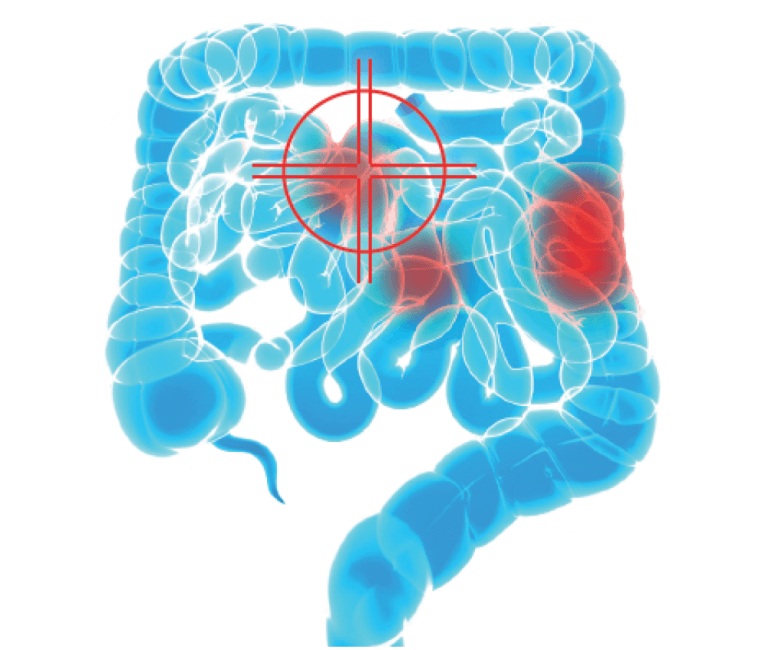News

Benefits of Proactive Drug Monitoring for Ustekinumab in IBD Patients
A recent study conducted by researchers at Harvard Medical School has identified improved outcomes for patients with inflammatory bowel disease (IBD) receiving ustekinumab therapy alongside proactive therapeutic drug monitoring (TDM).
Ustekinumab, marketed under the brand name Stelara, is funded in Aotearoa New Zealand for individuals with IBD who do not respond to other biologic therapies. This monoclonal antibody treatment targets interleukin pathways to reduce inflammation, however, its long-term effectiveness is not fully established.
This study is the first to explore the role of proactive TDM in optimising ustekinumab treatment. Proactive TDM involves regularly monitoring drug levels in patients which allows clinicians to adjust dosages before clinical symptoms of treatment failure arise. This approach differs from reactive TDM, where drug adjustments are made after a patient experiences a flare-up or shows signs of suboptimal treatment response.
Key findings from the study showed that patients undergoing proactive TDM had higher rates of ustekinumab persistence and fewer IBD-related hospitalisations compared to those who only received reactive TDM. These results were consistent in patients with Crohn’s disease and those that had been previously exposed to other biologics.
These findings highlight the use of proactive TDM as a strategy for maintaining the long-term effectiveness of ustekinumab, to prevent treatment failure and improve patient outcomes. This study builds upon previous research on other biologics like infliximab, adalimumab, and vedolizumab, where proactive TDM has also shown improved drug persistence and reduced risk of treatment failure, surgery, and hospitalisation.